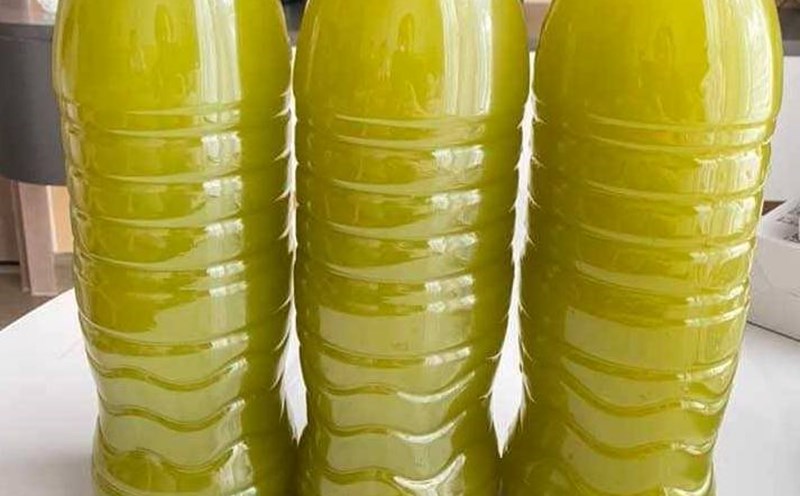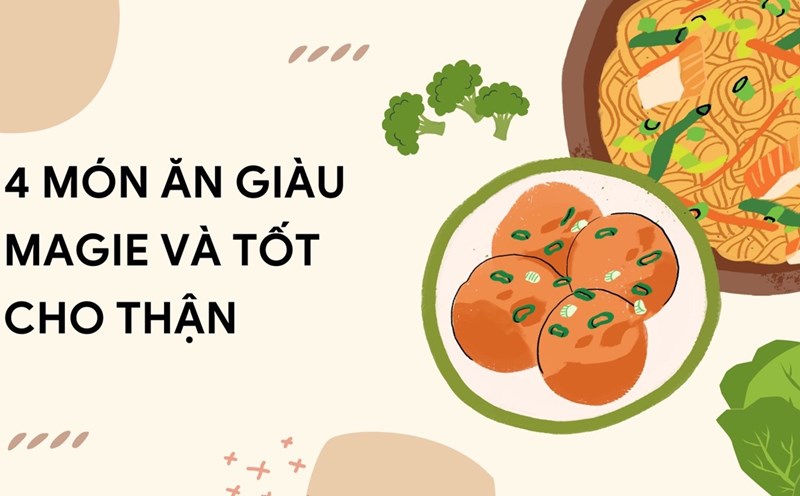According to the United States Department of Agriculture (USDA), 100g of shrimp provides about 20g of protein, equivalent to the amount of protein in 1 piece of lean meat, but less saturated fat and cholesterol.
However, people with chronic kidney disease (CKD) are often advised to reduce their protein intake, especially during the development stages to avoid hyper urea and renal filtering pressure.
People with kidney disease should only consume 0.6 - 0.8g of protein/kg of body weight/day, and should prioritize high-quality protein from fish, eggs, low-fat dairy and steamed, boiled shrimp instead of stir-frying or marinating with salt.
An important problem for people with kidney disease is the sodium and phosphorus content in industrial foods. Dishes such as salty braised shrimp, dried shrimp, fried and matured shrimp, spicy braised shrimp... often use salt, fish sauce, seasoning powder, or preservatives containing phosphate.
Processed foods can contain up to 60-80% of inorganic phosphate additives, which are more easily absorbed than natural phosphate, and cause increased blood phosphate levels, a factor that increases the risk of kidney failure, osteoporosis and cardiovascular disease in patients with CKD.
According to the National Kidney Foundation, the most suitable treatment for people with kidney disease is:
Boil, steam shrimp with ginger or onions to retain all nutrients without using salt.
Avoid frying shrimp in oil many times, as trans fats increase inflammation and affect kidney blood vessels.
Not seasoned or fried, causing increased calorie and sodium absorption hidden from accompanying spices.
Avoid using fish sauce, fish sauce or seasoning salt when preparing, you can replace it with lemon juice, pepper or herbs to enhance the flavor.
Although shrimp is low in fat, it has a relatively high cholesterol content (about 150-200mg/100g). For people with kidney disease and dyslipidemia, it is important to note not to eat too often.
Shrimp also contains about 250mg of potassium/100g, which is a moderate amount. However, if combined with other potassium-rich foods (bananas, oranges, potatoes), the total potassium intake per day may exceed the safe level.
Therefore, 1-2 times/week, each time 80-100g of fresh shrimp is a safe recommendation for people with stable kidney disease.
Prioritize fresh shrimp, wash thoroughly, peel and remove the black thread behind your back to remove unnecessary Category waste.
Combine shrimp with green vegetables, pumpkin, radish, ginger, turmeric, foods that support detoxification and reduce kidney inflammation.
After eating shrimp, you should monitor your blood pressure and have regular kidney function tests to control the condition if any.










